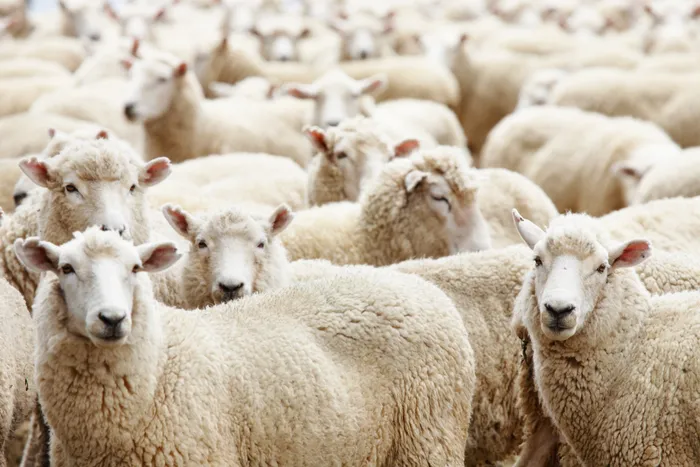Protect your livestock from diseases

A flock of sheep.
Rain is a blessing, but too much rain causes disease to spread in the livestock of both large and small farmers. South Africa has recently faced a foot-and-mouth disease outbreak, which has resulted in restrictions on livestock sales and movement. This is the season for livestock farmers to buy and sell livestock.
Methods for protecting your livestock:
1. Understand where the animals coming into your herd are coming from. Do not purchase livestock from a source where you do not have a thorough understanding of the livestock's origin.
2. Purchase livestock from a known farmer whose livestock is known to be healthy and has proof of vaccination.
3. Separate the animals that enter your herd; do not mix them with your animals until four weeks have passed. If there are any diseases in it, this causes them to appear.
4. Do not let your livestock come into contact with livestock that has just arrived or that you have recently purchased in any way.
5. Do not allow outsiders to interact with your livestock; they can be contaminated in any way.
6. Those entering must wash their hands, shoes, clothes, and the wheels of their vehicle.
7. Inform your veterinarian as soon as there is an arrival so that they can advise you on how to protect your herd.
8. If you notice signs of illness in arriving livestock, notify your veterinarian or the government veterinarian in your area right away.
9. Ensure that your livestock is vaccinated prior to the arrival of livestock from elsewhere or purchased elsewhere.
The majority of farmers buy at this time, some for livestock farming and others for slaughtering and processing fast meat. It is critical to conduct extensive research on the origin of the stock you are purchasing, whether you intend to raise it or slaughter it.